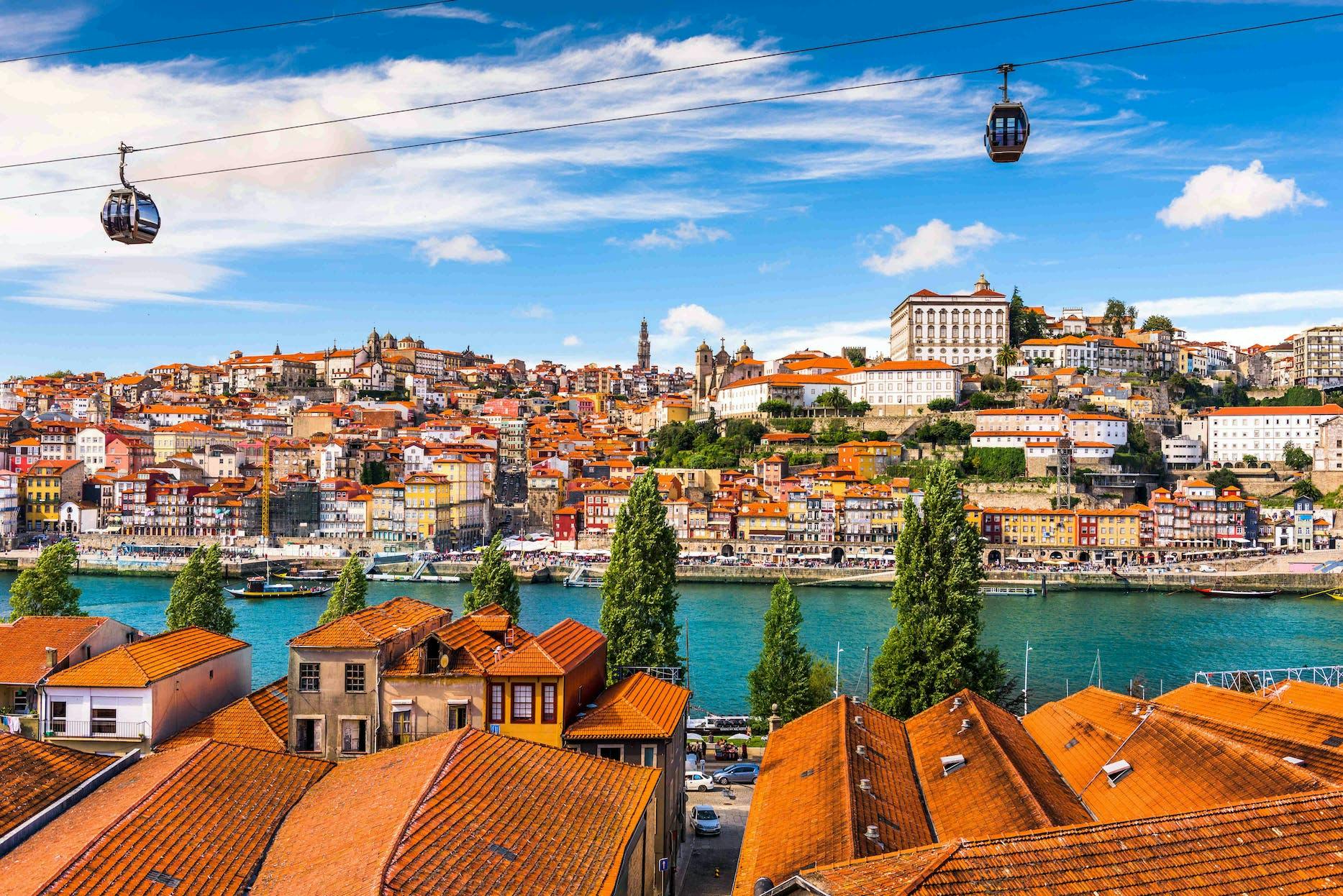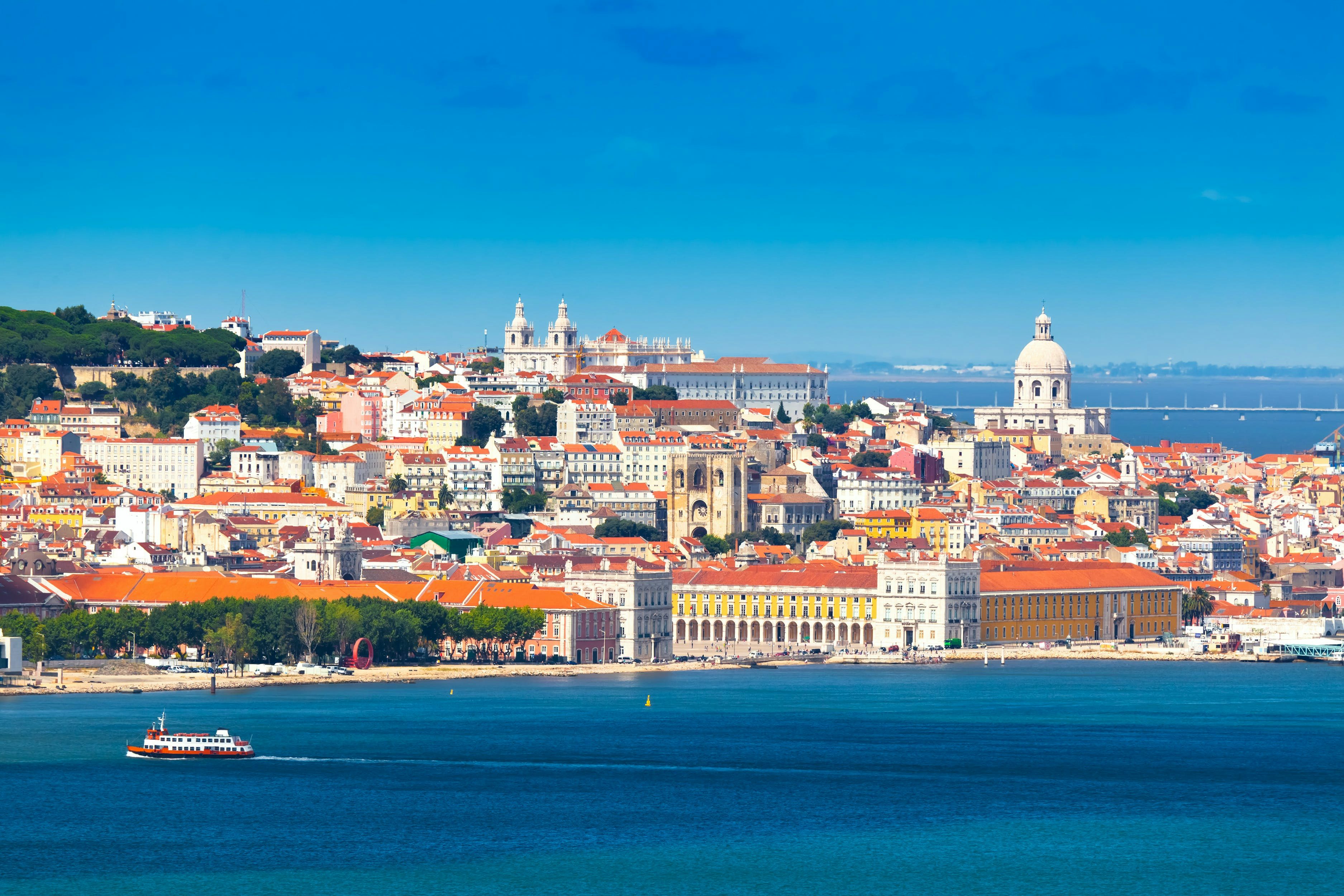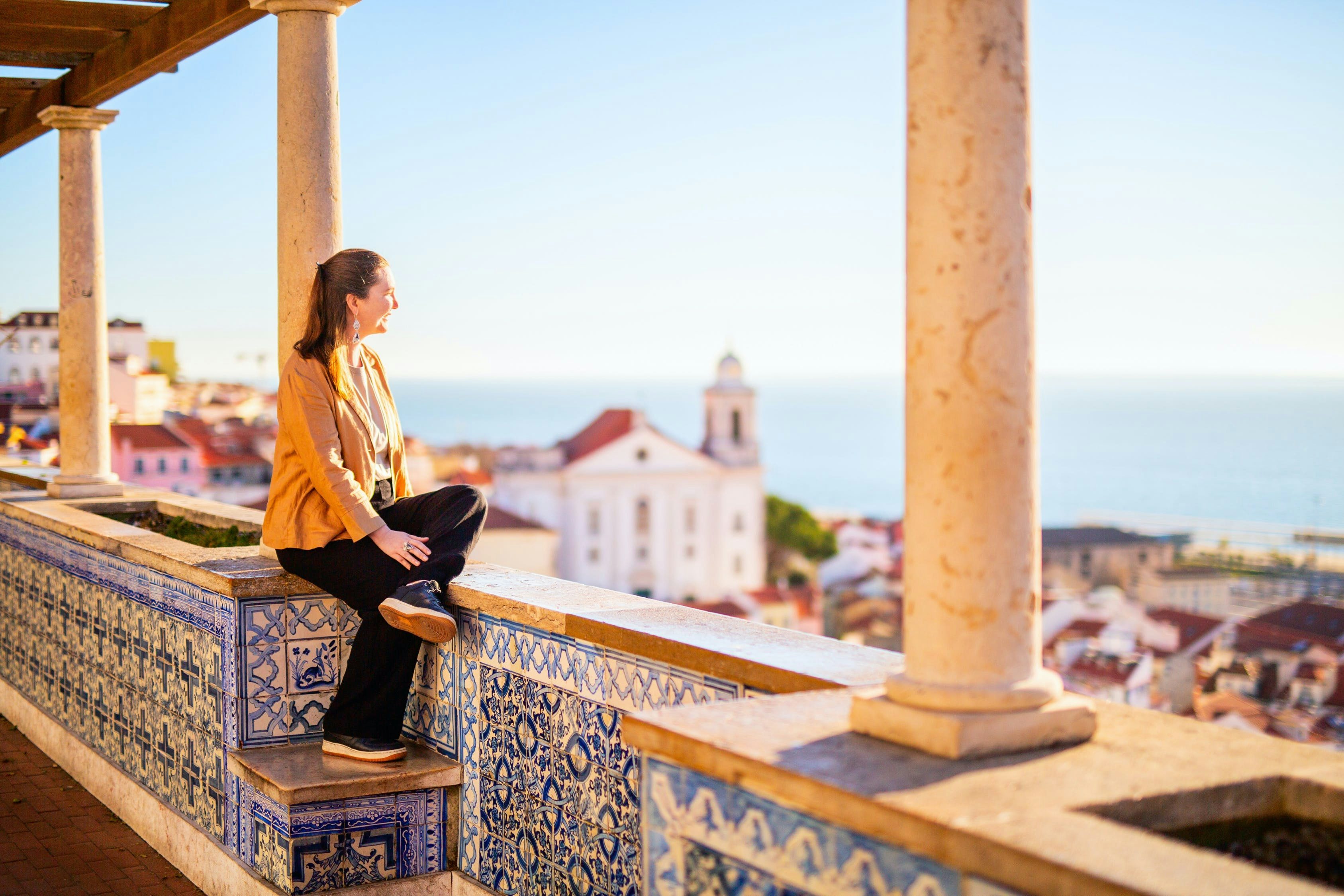
Visas
Portugal is a multicultural and welcoming country, with gorgeous landscapes and delicious food. It’s no wonder it attracts so many expats every year. The decision to move here is easy, but the difficult part is the bureaucracy and moving process, particularly understanding the visas for Portugal, which one you qualify for, what the requirements are, and how long it will take. Let’s dive in.
12,718
residence permits have been approved for golden visa investments since its inception in 2012
20,424
visas have been granted to family members of investors for the golden visa since 2012
16,000
digital nomads live in Lisbon
781,915
the total number of foreigners living legally in Portugal as of early 202
7.47%
of Portugal’s population is foreigners living on a visa or residence permit as of 2023
157
residence permits were granted in September 2023 for the investor visa
11.9%
increase in foreigners living Portugal as from early 2023
100,000
retirees live in Algarve alone

Are you a Citizen of the EU, EEA or Switzerland?
Select a type of visa:
D1 · Work Visa
The D1 visa is for people who engage in professional activities under a Portuguese employer as a subordinate worker. This visa provides the pathway for global professionals to explore job opportunities in Portugal and seamlessly integrate into the thriving Portuguese workforce.
- The first step is to secure employment and sign an employment contract or, at least, receive a promissory contract of employment.
- Once you have this document in hand, you can apply for a residence visa for subordinate work (D1 visa).
- Employment contract or promise of employment contract valid for at least one year.
- Proof that you are qualified to exercise the profession, if it is regulated in Portugal (if applicable).
- Accommodation: proof of adequate accommodation must be provided. This could be a rental agreement or property deed showing there is enough space for the family.
- Travel insurance: comprehensive health/travel insurance may be required.
- Clean criminal record for the applicant as well as any family members who will join the main applicant to live in Portugal.
- Valid passport: the application and any family members joining them in Portugal will need to have a valid passport.
Process to apply for a D1 | Work Visa
Related blog posts

Embracing Change: A Comprehensive Guide to Portugal's 2024 Immigration Reforms
Posted by Caroline Pagel

Portugal Visa Types: Your Comprehensive Guide for 2023
Posted by Caroline Pagel

An In-depth Look at the Pros and Cons of Living in Portugal
Posted by Gabriela Quevedo

Cost of Living in Portugal vs. USA: How far will your retirement dollar stretch?
Posted by Sonia Fernandes

Master Your Money with Effortless, Money-Saving International Payments
Posted by Errol Izzet
